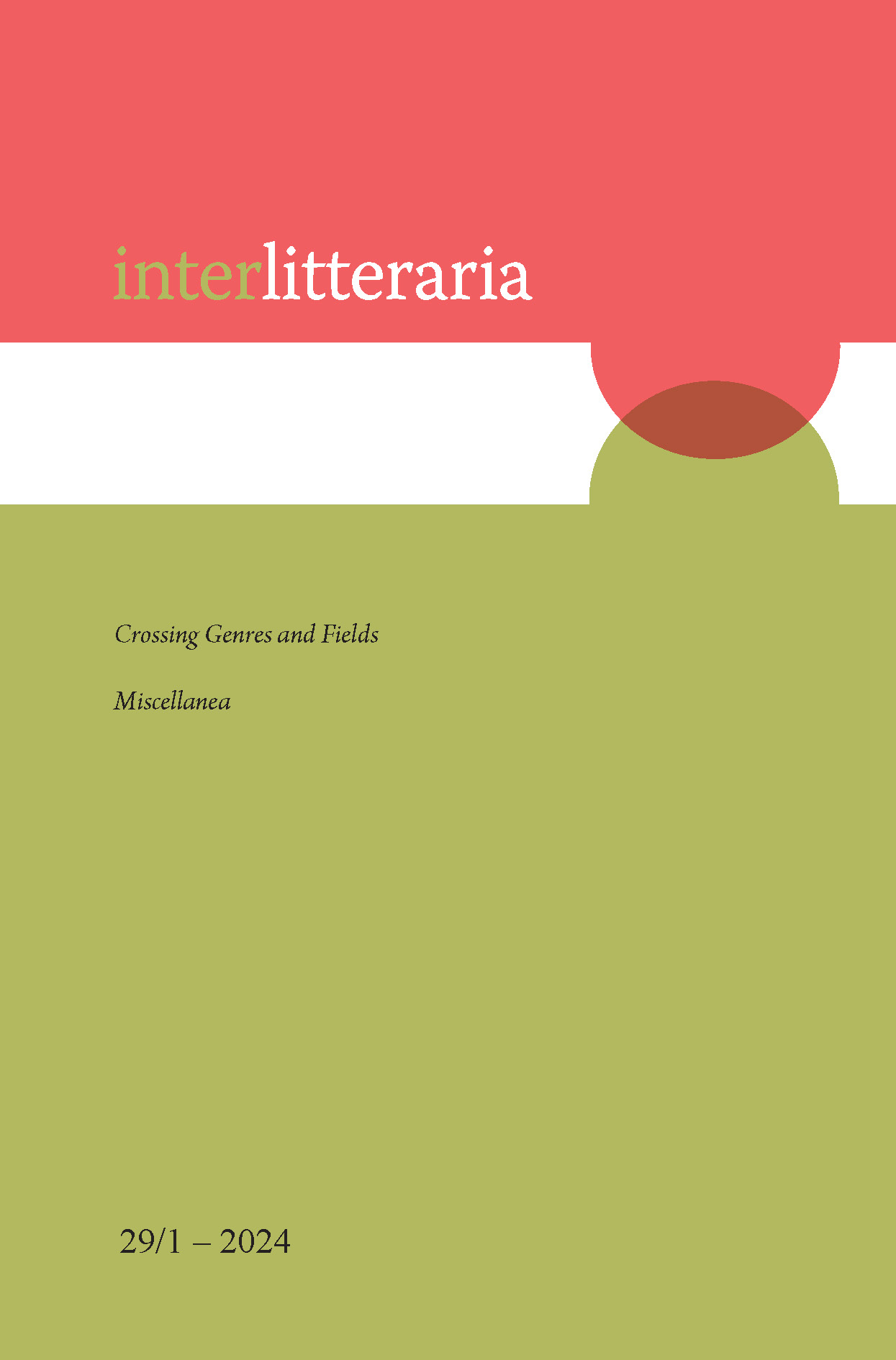Canon y Premio Nobel: un estado de la cuestión
DOI:
https://doi.org/10.12697/IL.2024.29.1.8Keywords:
canon, Nobel Prize in Literature, World Literature, ideological fluency, born translatedAbstract
This paper poses the following question: as a world institutional award, what is the influence of the Nobel Prize in Literature over the construction of the global canon? To answer it, we start from previous resea rch and analyze the studies on canon and Nobel Prize published in scientific journals indexed in the two main international databases: Web of Science, by Clarivate Analytics, and Scopus, by Elsevier, since both cover the current scientific production. After reading the articles which are relevant for the research objective, the centres of interest of this critical literature can be grouped into three large blocks: the concept of World Literature and its relationship with the Nobel Prize; the canonical characteristics of the works by Nobel Prize winners, and the influence of Nobel Prize in the process of creating the world canon. The conclusions question the monolithic and monumental character of the literary canon and advocate for a more transparent approach to its construction that considers economic and ideological aspects (beyond the formal or artistic value of the texts) as crucial for understanding its nature and evolution. For example, E. Lameborshi’s concept of ideological fluency and R. Walkowitz’s born translated novels are useful for understanding to what extent the common concepts of World Literature and canon have recently been redefined.
Downloads
Downloads
Published
Issue
Section
License
Copyright (c) 2024 M. Àngels Francés Díez, Gemma Lluch

This work is licensed under a Creative Commons Attribution-NonCommercial-NoDerivatives 4.0 International License.
The contents of Interlitteraria are published under CC BY-NC-ND licence.


